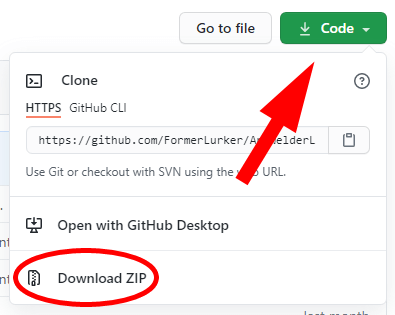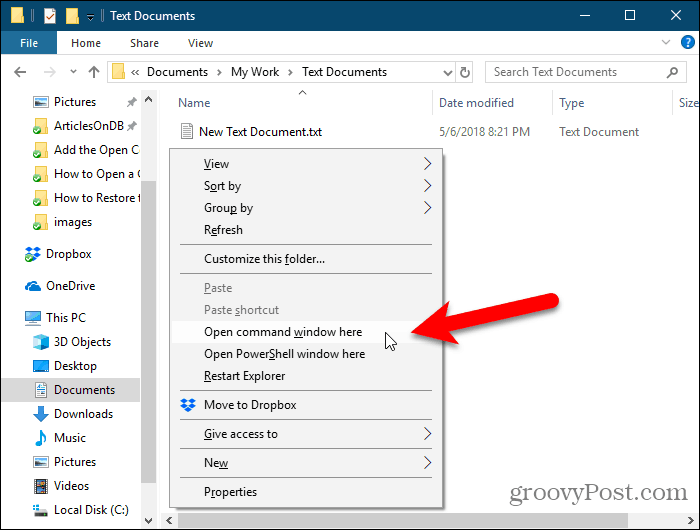Kiwi is a language for describing Minecraft datapack, built with a focus on syntax, based on Python.
Kiwi can be used to any minecraft datapack major project by using import systems and high structured code. But it has no any OOP, like almost any datapack describing language.
Instead, we suggest you use modules and namespaces.
Who is it for?
-
Beginners: Kiwi is very friendly for experimentation. It can describe any target that you want to do, no matter what is it. If there is no way to describe it you can always contact us. Also, it provides you more simplified syntax compared with vanilla language for describing datapack.
-
Experts: Kiwi implements a lot useful of libraries to speed up coding process. Also, it has Visual Studio Code Extension to use keyboard shortcuts and syntax highlighting.
What can you do with it?
- Create more structured code using import and namespace systems.
- Put all functions, predicates in one file using new constructions.
- Use built-in data types and structures.
- Use compile-time functions.
- Some features from Python.
Examples of code
There are some examples below:
hello_world.kiwi:
function main() <- load():
print("Hello, World!")
The code above prints Hello, World! in Minecraft every time you enter to the world.
killer.kiwi:
kills: scoreboard mob_kills
function main(player: selector) <- killed_animal(@a):
print(f"I killed poor animal! My name is {player}")
function killed_animal(player: selector) -> promise selector <- tick(1):
if player->kills > 0:
player->kills = 0
return player
The code above prints I killed poor animal! My name is <player_name>
every time someone kills an animal.
See more examples here.
Just install code using green button "Code" above, then press Download ZIP, it's not as hard as you think.
Unpack it to any folder, then open command window in that folder.
After that, you need to install packages, use command below.
pip install -r requirements.txt
Then you create and build project.
Create new project
python compiler.py --create-project <path>
Insert your path to new project directory instead of <path> in command above.
Build a project
python compiler.py <path>
If it compiles, you can start using it! Have fun!
Installation
$ git clone https://github.com/ButterSus/Kiwi
$ cd Kiwi
Install required packages
pip install -r requirements.txt
Create new project
python compiler.py --create-project <path-to-new-project>
Build project
python compiler.py <path-to-existing-project>
Kiwi provides syntax highlighting and some basic IDE features for Visual Studio Extension. You can install it with this link.
Kiwi uses the MIT license.
If you are interested, please contact the author of the project among those available for communication.
Questions about code are best asked on discord:
ButterSus#0146

